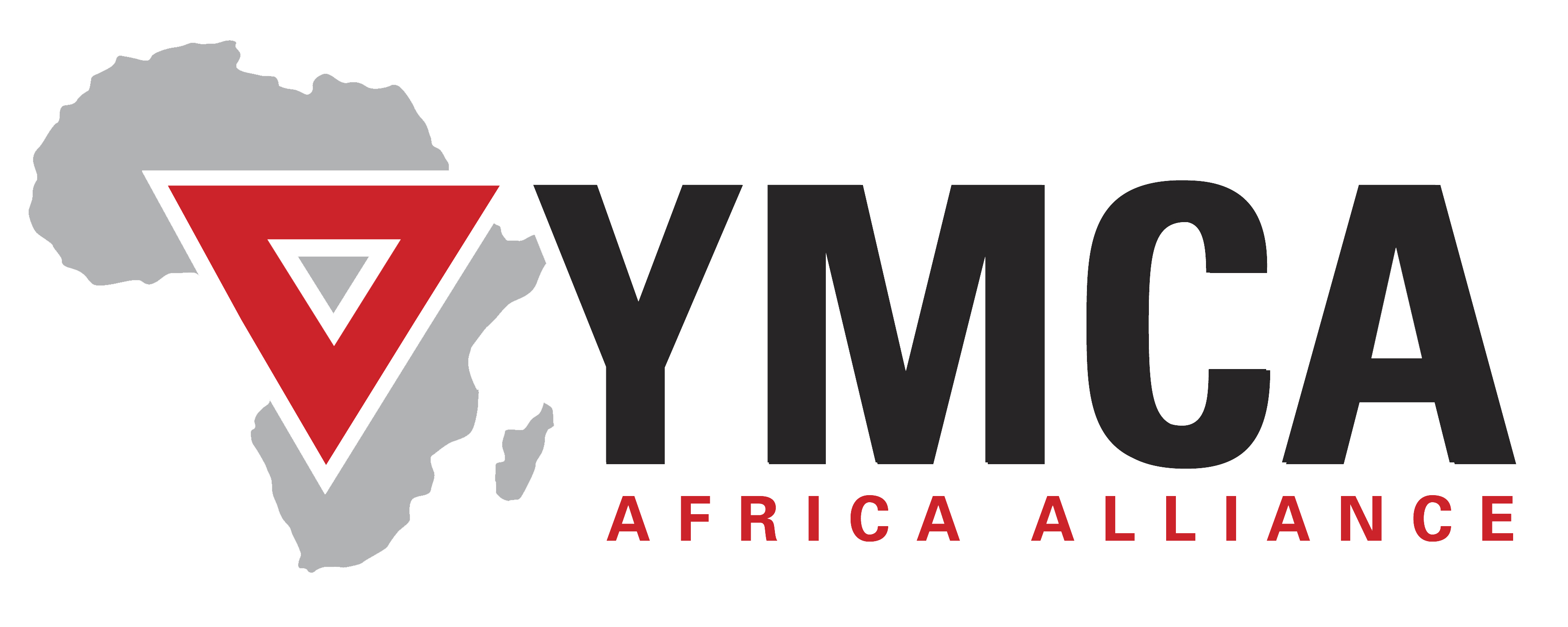"Youth Justice and Power Spaces"
YOUTH JUSTICE


The African population is dominated by young people. Majority of these young people often find themselves in conflict with the law or are constantly at risk of being in conflict with the law simply because they are young and look like criminals, the jobs they do expose them to crime, they are idle and often channel their energy to doing wrong or because they are used by other individuals to commit crime and some are just not aware of the laws and their provisions until they are charged with an offence. Worse is once these young people find themselves in the hands of the law enforcement authorities, they have no idea how to approach the situation because they are not aware of the process, they are intimidated by the authority or they lack adequate resources to ensure fair trial process. The authorities have also instilled in them toxic culture they use while handling these young people for example use of live bullets on striking university students or interference with the offenders’ records while conducting investigations.
The theory of change: If all African youth, regardless of race, religion, gender, socioeconomic status, origin have access to safe and innovative spaces equipped with tools for self-discovery and optimization of their potential, they will have credible voice, and the ability to; influence governance, achieve economic and self-reliance, negotiate for equal access to justice and eliminate hegemonic masculinity. Ultimately, they will be in the drivers’ seat of an integrated, prosperous and peaceful Africa with dynamic force in the global arena.
Youth justice program is an African YMCAs initiative that aims to work with the young people in conflict with the law or at risk of being in conflict with the law by taking them through civic competence and empowerment and helping them in finding their voice in their communities through the Subject to Citizen Philosophy. The youth are engaged through a holistic approach ensuring personal development and transformation from the perceived state of being subjects to being citizens. This is achieved through the power space model which are safe spaces where young people can discover themselves, get skills and execute social programs and business ventures that enrich their communities. Through the power space model, the YMCAs ensures they provide these young people with the space, the voice and ability to influence for changes in their communities.
In 2015, Youth Justice started in South Africa, Togo, and Zambia, in the second Phase the program was implemented in South Africa YMCA, Togo YMCA, Senegal YMCA and Madagascar YMCA. Currently in its third phase, Youth Justice is actively being implemented in six YMCA countries being South Africa YMCA, Togo YMCA, Senegal YMCA, Madagascar YMCA, Nigeria YMCA and Ethiopia YMCA. Other YMCA movements are also implementing youth Justice as one of the programs offered to the young people through the power spaces. The implementing movements have various programs they use to implement the program examples being Community dialogue and door to door sensitization, prison and remand visits, mentorships through sports, camps, exchange programs and skills training.
The programme has undoubtedly generated significant positive effects at various levels, from learning and development at the YMCAs involved to providing new possibilities in the life of youth who have reunited with their family, learned skills to earn their living or become employable, become parts of networks and gained new acquaintances, found hope, overcome substance abuse, and even become role models or been able to help others who are vulnerable or in difficult situations.
Crucial indicators of the success include the low rate of recidivism among participants, the acknowledgement from stakeholders and duty bearers and the successful examples from the advocacy work in Senegal, where a system has been set in place to allow for alternative sentencing of youths in conflict with the law and in Togo where internal regulations for prisons is implementation in all of the country’s prisons and the duration of actual time spent in preventive custody has been reduced.
Taking into account the very exposed and vulnerable situations that the target groups live in as well as the lack of support systems available, considerable efforts and resources are needed. Yet, the initiative has succeeded in delivering very good results in both an economic and timely way. The engaged and well-trained staff, the holistic approach to Youth Justice and the focus on resilience of individuals are some of the key strategies in attaining these positive effects.

This documentary film produced by UCJG / YMCA-Togo focuses on the living conditions of prisoners, ex-prisoners and youth at risk in Togo.
